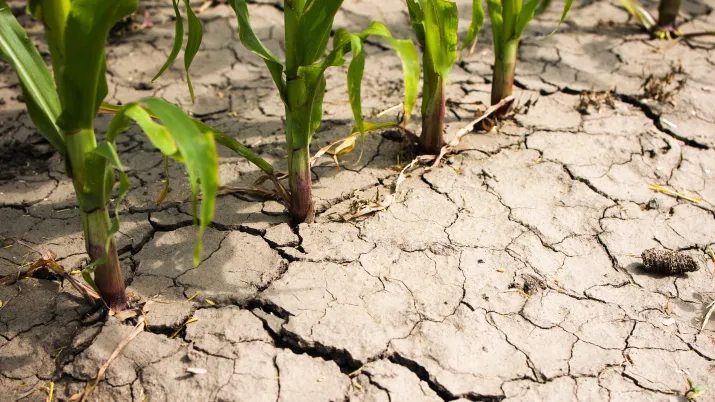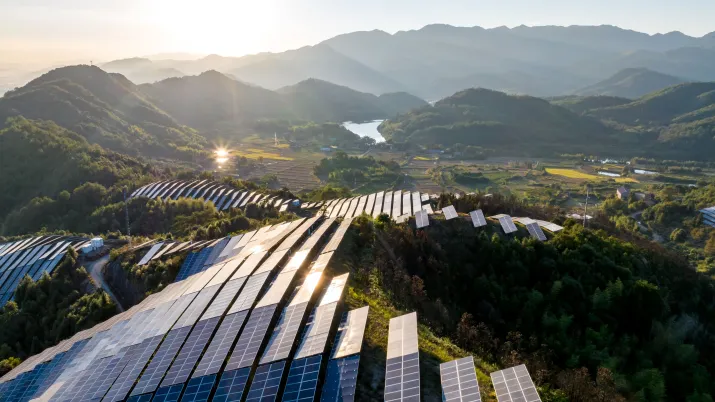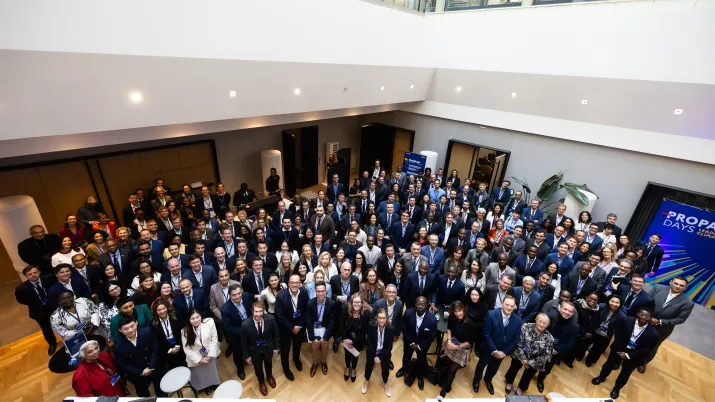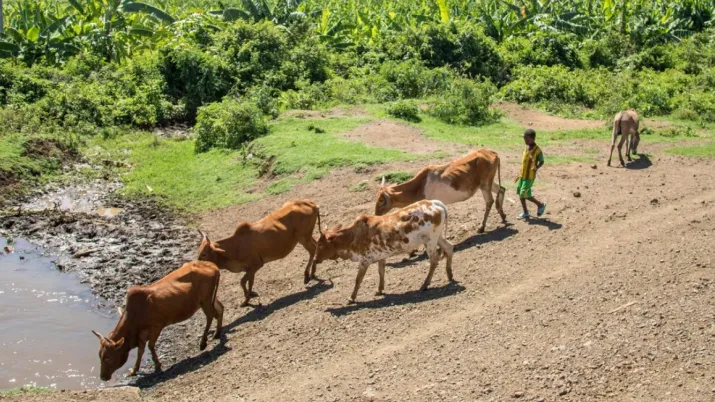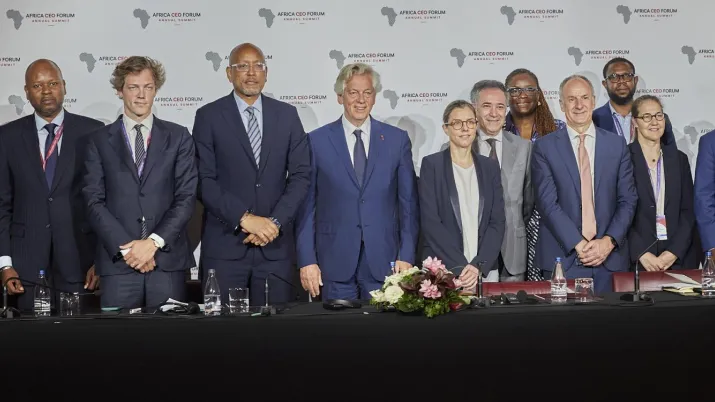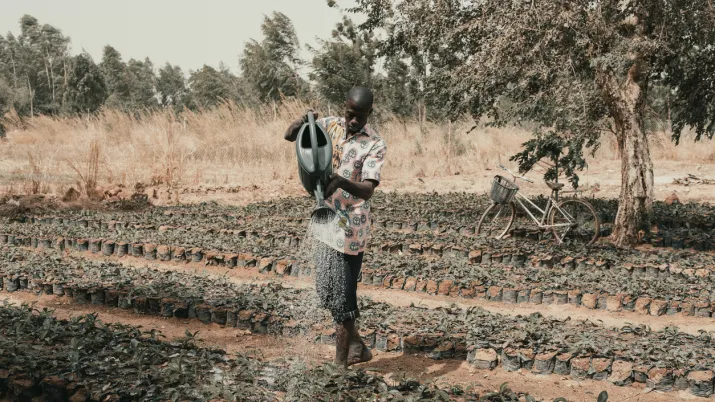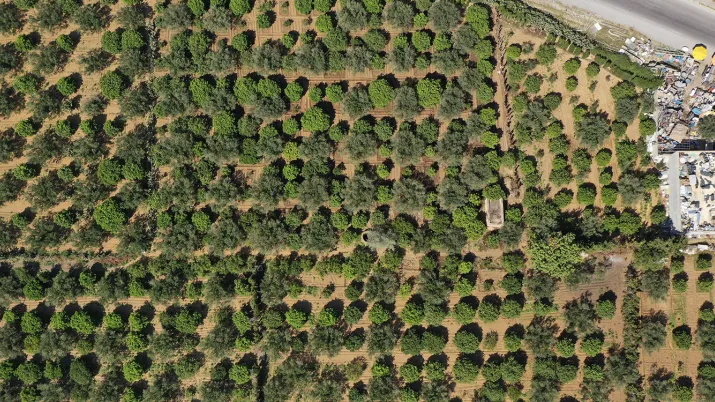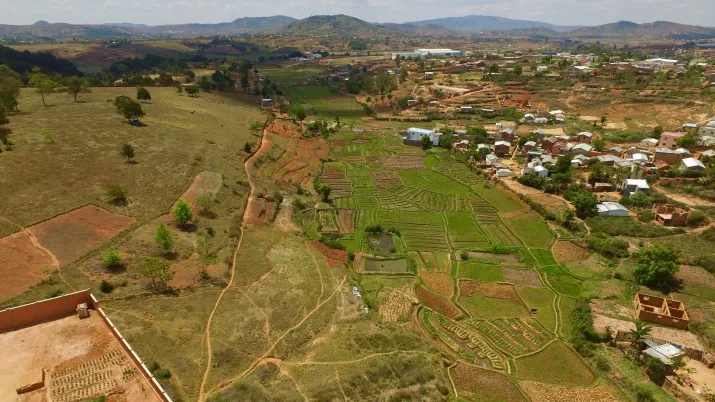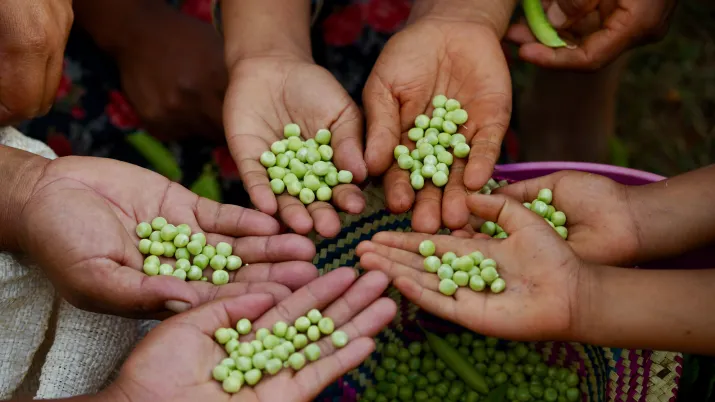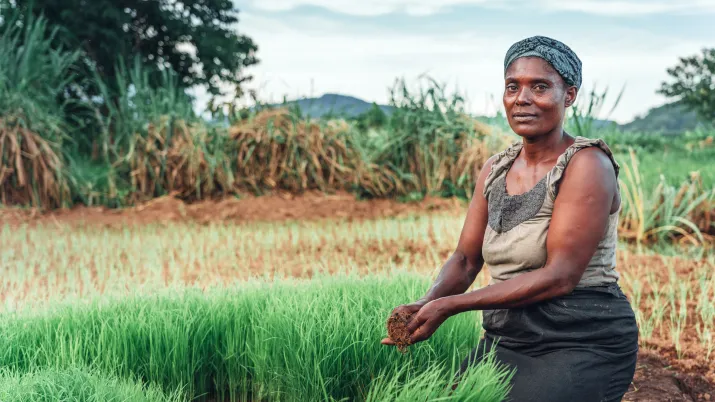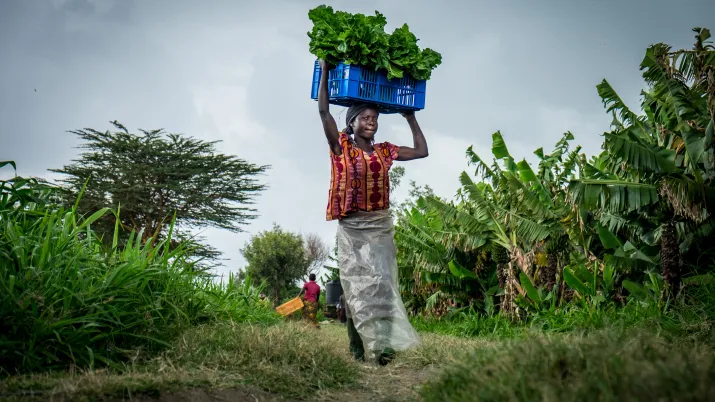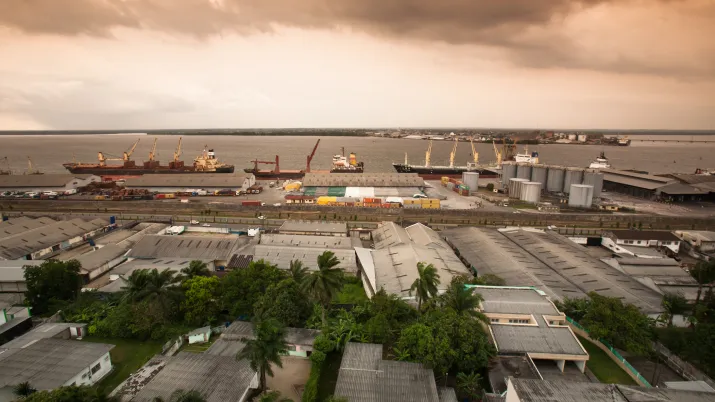News
Financing adaptation: anticipating risks to create value
To be truly effective, the private sector’s contribution must be based on fairness and a long-term approach. This implies a pricing of risk that reflects the real costs of exposure without penalising...
Published on
Sustainable finance in action: when financial players transform their business model
To bolster their action in favour of climate change mitigation and adaptation to its adverse effects, financial institutions are reorganising. They are rethinking their processes, products and conditi...
Published on
How financial institutions can drive the transition
Climate change is shaking up economic fundamentals and rendering financial models inherited from the past obsolete. As systemic risks accumulate, banks and funds need to go beyond their supporting rol...
Published on
How IFU continues to invest in Ukraine despite war and high risk
The Danish Investment Fund for Developing Countries (IFU) is working tirelessly alongside the Ukrainian government and society to support the country’s businesses and people. It follows a rigorous fun...
Published on
Developing and investing in frontier markets to achieve the SDGs
How FMO is working (providing technical assistance) and investing in frontier markets to develop opportunities into financeable projects.
Published on
DFIs’ key role in climate-change resilience
The climate challenge is daunting but technological progress and cost reductions are opening new investment opportunities all the time. We can look forward to a golden decade of climate investing.
Published on
“Village Notre Père”, Groupe Duval’s real estate project in Plateau, will boost Abidjan's international attrac...
Proparco and IFC are providing a senior loan to Groupe Duval to support the newly launched “Village Notre Père” mixed-use real estate development, scheduled for completion in 2027.
Published on
Leveraging capital markets to meet water and sanitation needs
The World Bank estimates that to achieve Sustainable Development Goal (SDG) 6, $114 billion per year will be needed for new water and sanitation infrastructure. To this end, WaterEquity was establishe...
Published on
The global drinking water and sanitation challenge: doing more, faster!
Although access to safe drinking water and sanitation are clearly human rights, these needs are far from being met. For some populations, they are even deteriorating - because demand is growing faster...
Published on
FEFISOL II fund and Entrepreneurs du Monde: two complementary approaches in fragile contexts
The FEFISOL II fund - which supports rural microfinance institutions and agricultural structures - and the Entrepreneurs du Monde association - which works towards the social and economic integration...
Published on
Supporting the agricultural sector in fragile contexts
The financing needs of the agriculture sector in fragile situations are all the more significant as they are poorly covered by commercial banking services. However this finances are essential to suppo...
Published on
Improving energy efficiency and minimising the effects of climate change in the hospitality sector
Hospitality is one of the most energy-intensive sectors in real estate. In many markets in Africa, energy represents a significant burden on profitability, yet the sector has never fully embraced ener...
Published on
Implementing Smart Cities in Africa: a project framework
According to the International Telecommunications Union and the UN, a smart city is, “... an innovative city that uses … ICT and other means to improve quality of life, efficiency of urban operation a...
Published on
Channelling private sector investment into sustainable urban planning
Cities are critical players in the deployment of inclusive and sustainable public policies. If they are to provide their growing populations with the economic, social and cultural services and resourc...
Published on
COP28: "We need to strengthen climate finance and adaptation"
With COP28 taking place in Dubai from 30 November to 12 December 2023, Arnaud Uzabiaga, Head of Proparco’s Impacts Division, explains how Agence Française de Développement's private sector arm is ramp...
Published on
Financing a sustainable future: de-risking innovation through food systems investing
Faced with the negative-dominant impacts of food production, opportunities in sustainable food businesses need to be aligned with the capital available for transformation. To achieve this, they must b...
Published on
Placing contract farming in the service of development, food security and equality
The 2022 Global Report on Food Crises estimates that at least one in five Africans goes to bed hungry, and an estimated 140 million people in Africa face acute food insecurity. The Horn of Africa, in...
Published on
To impact food security, investors must understand farmers’ resilience to climate change
In recent years, unprecedented shocks - climate change, Covid-19 and supply chain disruptions - have changed the trajectory of progress on global food security. Acute food insecurity increased by 33 p...
Published on
Tapping into the private sector for food system transformation
To attain SDG 2 (Zero Hunger), sustainable food systems – including small-scale farming, agri-SMEs, and local food processing – will require structured development. This necessitates private engagemen...
Published on
Proparco’s Trade Finance Programme: a concrete solution to supply challenges
Financing international trade through the banking system is essential to facilitating trade between countries. While this type of financing is readily available in developed economies, certain Souther...
Published on

